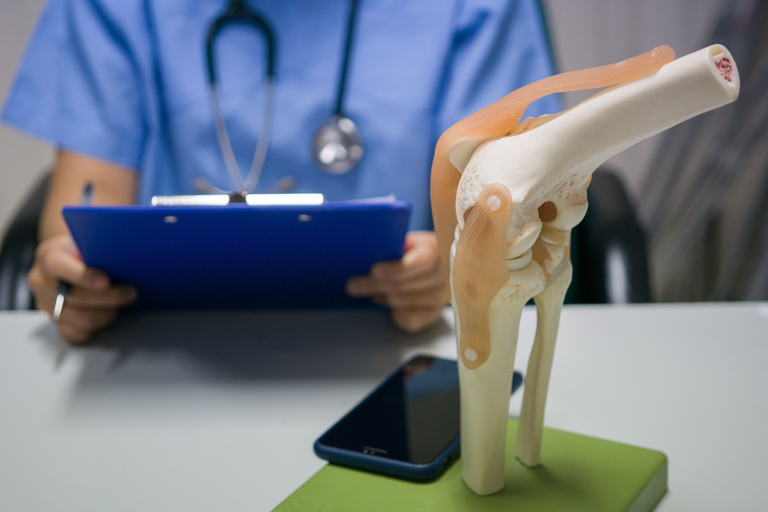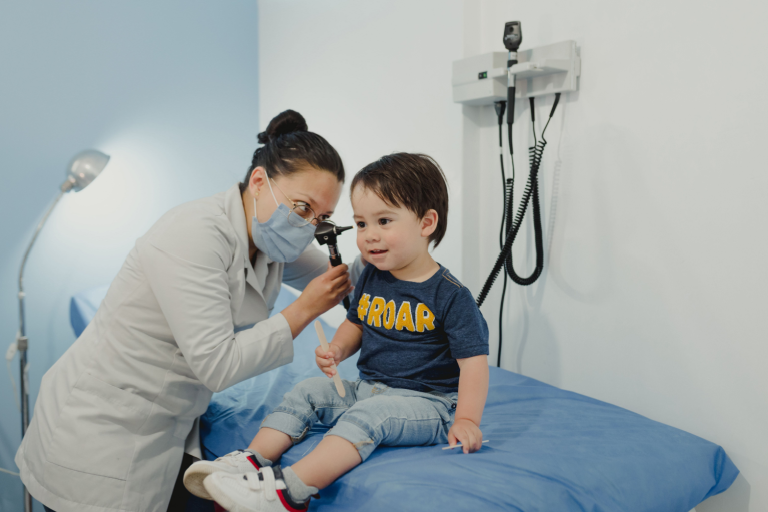
Home » Nursing Careers » Neonatal Nurse Practitioner (NNP)
Neonatal Nurse Practitioner (NNP)
- Updated February 19, 2023
- by EveryNurse Staff

Neonatal nurse practitioners (NNPs) are advanced practice nurses who provide care to high-risk newborns and infants who need intensive medical attention due to low birth weights, prematurity, infections, or other health conditions. They are responsible for assessing and managing the health of their patients, collaborating with physicians and other healthcare professionals, and providing education to parents and caregivers during the infant’s hospitalization and after discharge.
What Is a NeoNatal Nurse Practitioner?
The role of a Neonatal Nurse Practitioner is to provide high-quality and compassionate care to infants who need intensive medical attention for various health conditions. These conditions may include structural or functional anomalies that develop prenatally, complications of prematurity (respiratory distress, infection, anemia), congenital anomalies, and other illnesses (sepsis, meningitis, gastroenteritis).
Another important role of the NNP is to provide support and education to the infant’s family. This may include teaching parents how to care for their premature or sick baby, providing information about the infant’s medical condition, and answering any questions the family may have.
Frequently Asked Questions About NNPs
- What is the difference between a doctor and a nurse practitioner?
- What is the highest-paid nurse practitioner specialty?
- What nurse practitioner specialties are in the highest demand?
- What is the scope of a nurse practitioner’s practice?
- How does the growing number of nurse practitioners affect hospitals?
- What are three tips to overcome challenges as a new nurse practitioner?
What Does a Neonatal Nurse Practitioner Do?
NNPs work in a variety of settings including intensive care units, emergency rooms, delivery rooms, medical transport services, and specialty outpatient clinics that provide follow-up care to infants. They have comprehensive education and experience in the care of high-risk newborns and infants and some may care for children with long-term health conditions up until the age of two. NNPs can further sub-specialize by health condition or body system, such as cardiology, pulmonology, or neurology.
Neonatal Nurse Practitioner Job Description
NNPs provide comprehensive well-child and acute care to infants and young children. Other duties may include:
- Assessing and managing the health of the infant, including ordering and interpreting diagnostic tests
- Collaborating with physicians and pediatric healthcare providers to provide ongoing care for infants in the hospital, including working with families to develop a post-discharge care plan
- Monitoring the progress of the infant’s health and adjusting the treatment plan as needed
- Administering medications and treatments, including giving injections and performing intravenous (IV) therapy
- Providing education to parents and caregivers about the infant’s health condition, how to care for the infant at home, and what signs and symptoms to watch for
Neonatal Nurse Practitioner Schooling
According to the American Nurses Association (ANA), a nurse practitioner is an advanced practice registered nurse who has graduated from an accredited Master of Science in Nursing (MSN), Doctor of Nursing Practice, or post-master’s NNP program who is certified in a specialty area and is able to practice independent of physician supervision. The ANA further states that the NP’s scope of practice will be based on their certification and state law. It is within this framework that neonatal nurse practitioners are educated and certified.
The typical route to becoming an NNP is to first become a registered nurse with a bachelor’s degree in nursing. Then, the RN can pursue an advanced degree in nursing, such as a Master of Science in Nursing with a specialization in neonatal nursing. After completing an accredited program, the RN must pass a certification exam from the National Certification Corporation (NCC).
Related APRN Careers
Neonatal Nurse Practitioner Jobs
Neonatal nurse practitioners are in high demand and can find employment in a variety of clinical settings, including NICUs (neonatal intensive care units), birth centers, emergency departments, newborn development centers, and specialty outpatient clinics.
NNPs will most likely be employed in medical settings that cater to newborns and infants, but they can also be employed in care settings outside of their specialization where their broad skills as a nurse practitioner are valuable. A good example would be a neonatal nurse practitioner working as a staff nurse in the adult intensive care unit of a hospital.
NNP Job Outlook
A recent survey from the American Association of Nurse Practitioners (AANP) reports that the demand for nurse practitioners is constantly growing due to current provider shortages, cost containment efforts by insurance companies, and an increased emphasis on primary care. Data from the Bureau of Labor Statistics (BLS) confirms this trend, predicting that the number of nurse practitioner jobs will grow by 45 percent between 2020 and 2030.
NNPs are in demand because of the need for healthcare providers to care for high-risk infant populations as well as those with long-term health conditions. In addition, there is an increased emphasis on preventative care and early identification of medical conditions, which requires the expertise of neonatal nurse practitioners.
Neonatal Nurse Practitioner Salary
NNPs are among the highest-paid nurse practitioners. According to the AANP, nurse practitioners with neonatal certification reported a median annual salary of $122,500 in 2019, which is the equivalent of $64.00 per hour. Total compensation for NNPs grew to $130,500 when additional benefits packages, bonuses, and incentive payments were included.
Highest Paying States for NNPs
NNP salaries vary by state, with some NNPs earning substantially more due to increased demand in certain geographic areas. NNPs in the following states earn the highest average annual salary.
| State | Hourly Mean Wage | Annual Mean Wage |
|---|---|---|
| Washington | $60.85 | $126,564 |
| New York | $57.31 | $119,209 |
| New Hampshire | $55.48 | $115,402 |
| California | $54.30 | $112,944 |
| Massachusetts | $52.43 | $109,057 |
| Vermont | $52.36 | $108,908 |
| Wyoming | $51.24 | $106,581 |
| Idaho | $51.09 | $106,261 |
| Hawaii | $50.84 | $105,745 |
| Maine | $50.30 | $104,632 |















